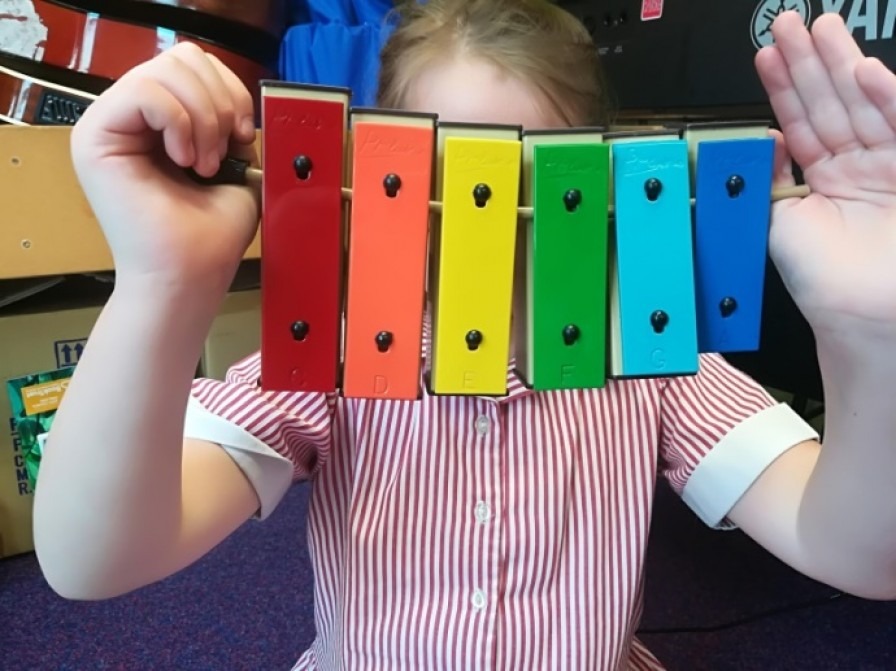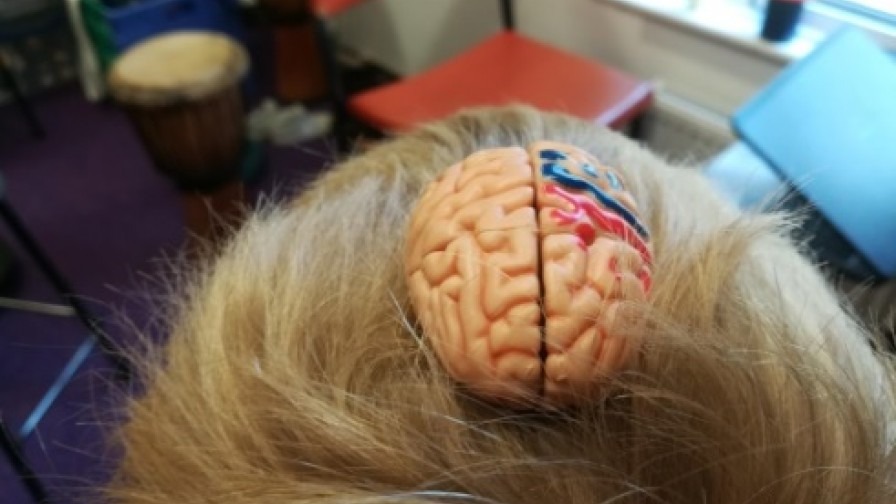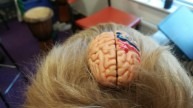Music Mentoring for Mental Health and Well-being - The need for increased support post Covid-19

Pre Lockdown
I spent 2 days of my working week delivering part of a Music Mentoring programme in Cornwall (funded by YM) in two different schools over the academic year. I am a freelance Music Mentor, a First Access Taiko tutor, a Nationally qualified Youth & Community Worker, a Trauma and Mental Health Informed Practitioner (TIS) and a Sound Therapy Practitioner and I have been working with children and young people for lets say…….a good amount of years!!
One of the challenges I have found throughout my career has been the general lack of understanding and appreciation that frontline services have of each others roles. I often wondered why there were no shared Training or Seminars for people who were en-route to becoming Educators, Social Workers, Youth & Community Workers, Mental Health Workers, to name a few. Surely if we had a better understanding and acknowledgement of the different approaches, of the nuances involved in each others roles, then the impact for children young people and their families would be much more cohesive and meaningful.
Our practice, along with other YM funded organisations, has targeted work with children “living in challenging circumstances” for 20 years and so those of us who have been doing the work have developed a highly sophisticated skill set including how to tune in to children and young people, what to do to make them feel safe, how to be playful and be creative. We understand the importance of listening and being actively present. We think about them when their session has finished and remember things they tell us. We remind them of and celebrate their successes with them. We notice how they look, how they smell, how they sound and lots of the time we are there when they are sad and angry and lost and can help them find the words to express their big feelings. We may, at times, have to be their advocates and when we are there, we often become their ‘go to’ person.
I can only report from our own experiences but the feedback we get from children, schools, parents and carers is that we do all this with professionalism, integrity and skill. We have developed and evolved what is essentially a trauma informed Music Mentoring and Well-being approach.
Post Lockdown
As we emerge from lockdown there will without doubt be the greatest need for all of us to feel safe and supported. We will need to understand and learn how to face our anxieties to allow us to find a new kind of ‘normality’, a different way of ‘being’. We know that a significant number of the children we have been working with will not have had their basic needs met. They will not have felt the stability, routines, had enough food to eat. Some will have been stuck inside a home with people who abuse them without the safety net, the care, even the love and support we see them get at school.
Many of the children we work with will have been living in some kind of lockdown hell, trying to find their own coping strategies just to survive at home. These are children living in and with Adverse Childhood Experiences (ACEs)*. If we then add the anxiety of Covid-19, the intense isolation and loneliness brought on through lockdown, meeting their emotional needs must be an absolute priority.
*The Adverse Childhood Experiences study, (ACE study) is one of the biggest Public Health studies of all time (17,000 people). The study found that adverse child experiences are a leading determinant of the most common forms of physical illness (e.g.cancer diabetes, heart attacks) mental illness (e.g. depression and anxiety) and early death, in the Western World.
What the Research says
“The closure of schools and confinement to home has multiple impacts on children in terms of education social isolation, wellbeing and child protection......Schools provide a safe space for vulnerable children and play a key role in safeguarding by detecting signs of abuse or neglect. The rapid closure of schools, has not been accompanied by strengthened process to support those most in need. This has occurred at the same time that the Coronavirus Act allows social services to reduce or suspend services leaving vulnerable children without a safety net”
Source: The wider collateral damage to children in the UK because of the social distancing measures designed to reduce the impact of COVID-19 in adults. Esther Crawley, Maria Loades, Gene Feder, Stuart Logan, Sabi Redwood, John Macleod Publication date 3rd June 2020
A Trauma Informed Approach
“Trauma Informed Schools (TISUK) www.traumainformedschools.co.uk has provided mental health and trauma informed training to staff for over 600 schools across the UK including every school in Cornwall (as workforce training provider for Headstart Kernow)” Taken from TISUK website ‘Credentials’
Although Schools are the named recipients of this training, many youth/community organisations were invited in Cornwall to undertake this training and Cymaz Music was one of those. Training to be and becoming a TIS Practitioner has been pivotal for me, for several of my colleagues and for the charity. It has informed me, punctuated all of our practice, consolidated and validated much of our knowledge and paved the way towards finding a shared language with other professionals. With this deeper understanding, we can have strategic and holistic approaches to support the welfare of children.
The Impact of Music Mentoring in Schools
- Children having one or more trusted and available Adults to support them
- Children and young people beginning to understand and find words, actions and support to express their very big feelings, through music and creativity
- A shared and informed understanding of the impact of trauma upon children with schools (we’re beginning to talk the same language!)
- A more joined up approach with and alongside teaching staff, parents, carers, grandparents
- Recognition and a willingness from Teachers other teaching staff to engage with me and the organisation, this much more like a team around the child approach
- Robust quantitative data measurement from Motional *
*Motional provides an easy-to-use online tool for identifying, assessing, and improving the emotional health and wellbeing of children and young people. It is based on Professor Jaak Panksepp’s research on emotional systems in the brain and Dr Margot Sunderland’s extensive research, studies and expertise in executive functional skill.
Our offer has become increasingly appealing across educational and health settings. We bring health and well-being to the foreground of our work. We are very clear in all our messaging that we are not Music Therapists however we do and have always used music therapeutically to work with vulnerable children and young people.
“Through working with Jane I have understood how important it is for children to be emotionally ready to learn and that this must be in place before any classroom interventions will be effective. In class he is now much more interested and able to concentrate on a task. He has greater self- confidence. I highly recommend this (Music Mentoring) initiative to any pupils who struggle in this way” (Year 4 Teacher).
Our aspiration has always been to embed trauma informed Music Mentors within a school setting so they become part of the school community. The evidence collated over the past two years (and before) has shown the powerful impact that this work has and its ripple effects.
There are many unknowns in this new reality we find ourselves in but we do know vulnerable children and young people can thrive when there are informed and appropriate approaches and support to resolve the impact of trauma. Our intention is to be a part of that support network.
“The impact on their mental health could last for at least nine years according to research published”. Source: Journal of the American Academy of Child and Adolescent Psychiatry The Independent 3rd June 2020.




